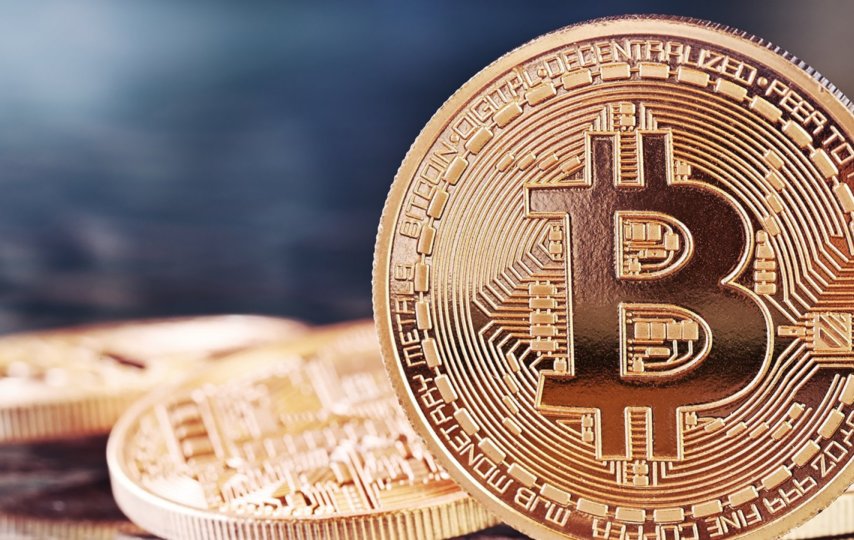Investors prefer cryptocurrencies across the world over most conventional investment options. The buzz around cryptocurrencies, especially Bitcoin, is so high because this technology is very new, and its value has grown a thousand folds during the last couple of decades. Thus, the recent decades are often referred to as the Crypto Revolt by investors. During this time, Blockchains are finding applications in many different domains. Investors are gaining profits by trading and mining cryptocurrencies. However, in the case of Bitcoin, there is only a fixed number of coins that can exist in the market, which stands at 21 million Bitcoins. Once this mark is reached, mining of new Bitcoins stops. What further implications can the mining of the last Bitcoin lead to? Let us dive into this topic and learn about the several implications of mining the last Bitcoin.
Only transaction fees are to be awarded to miners.
Experts have predicted that the total number of Bitcoins in the market will never reach 21 million, as rounding off occurs in the case of Bitcoins. However, even if Bitcoin reaches that cap below 21 million, the mining of new Bitcoins will be stopped, and the transactions of Bitcoins are going to be pooled into several blocks. This transaction information will then need to be processed and carried out using the GPU power rendered by miners. The miner will receive fees for processing transactions. No fees for mining new Bitcoins will be awarded to miners, as the process of mining, in itself, ceases to exist for Bitcoins. Even if people start storing Bitcoins as stores of value, miners can continue to profit from whatever the low number of transactions takes place on the blockchain. Miners will be able to profit more from validating transaction fees by charging more for transactions that hold a high value and the processing of large batches of transactions.
Negative impacts of the absence of block rewards
However, several negative impacts can be observed upon mining the final Bitcoin. Let us discuss some of the negative impacts.
- Miner cartels can come into existence. It is possible that a large group of miners can collate together to form miner cartels that aim to control mining resources. With control over a large number of mining facilities, these miner cartels can spike up transaction fees, making the Spending of Bitcoins even harder.
- Miners can also come together and release unvalidated blocks to spike up the block processing charges. Many miners might start releasing orphan blocks that are not validated by the blockchain. When miners start releasing orphan blocks and holding on to legit ones, the block processing time is bound to go up, which implies higher block generation charges for the miners.
Other aspects related to the mining of 21 million Bitcoins.
It can be stated that even after the mining of 21 million Bitcoins, the total number of Bitcoins circulating in the market will always be lower than 21 million, as it has been observed for multiple cryptocurrencies that over a fifth of all coins ever mined has been lost, because of lost passwords, lost storage devices and other mishaps. Moreover, the above-made statements show that Bitcoin will start to get even more scarce as the rate of production of Bitcoins diminishes with increasing block difficulties. This will give all the power to the suppliers of Bitcoin, which will result in heavy spikes in the price of Bitcoins. Observations suggest that Bitcoins were lost because the death of the owner of a certain number of Bitcoins would often lead to them being left in encrypted hard drives, which lose the data stored in them over the years, owing to them being ignored.
Thus, it can be stated that there are several implications of the last Bitcoin is mined. After the last Bitcoin is mined, you might think that miners will cease to make profits. However, this inference is inaccurate, as the transactions carried out over the Bitcoin Blockchain still require a lot of processing power, which miners render. Therefore, miners will continue to profit from transaction fees during the Bitcoin Era. Some of the negative implications might include the development of a Mining Cartel or flooding of Orphan Blocks on the blockchain to hike transaction and block validation fees.













